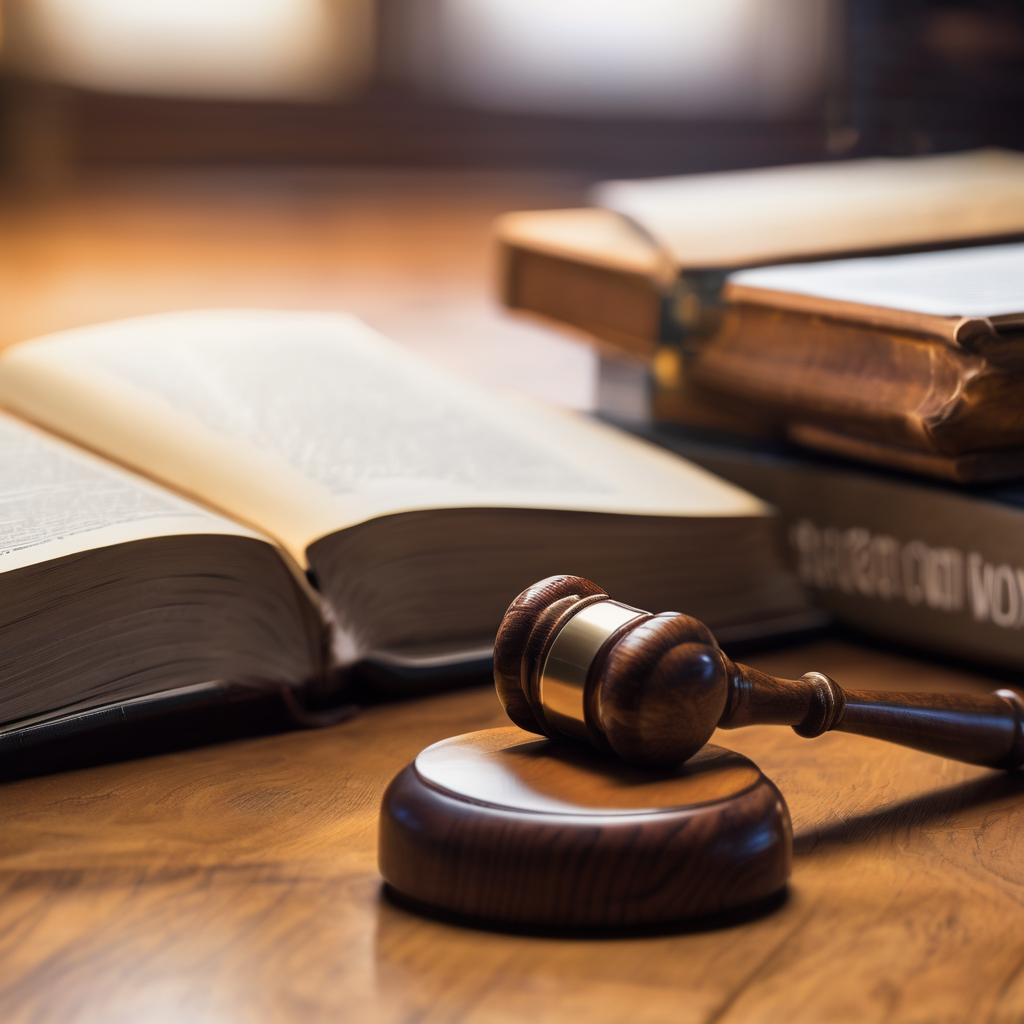A federal appeals court in Philadelphia recently held hearings questioning the legitimacy of Alina Habba’s appointment as New Jersey’s acting U.S. attorney. The three-judge panel of the 3rd U.S. Circuit Court of Appeals scrutinized the Trump administration’s efforts to retain Habba in a position that is critical for overseeing both criminal and civil law enforcement in the state.
During the proceedings, Judge D. Brooks Smith raised concerns about potential constitutional implications surrounding Habba’s dual designation as a “special attorney” and acting U.S. attorney. Notably, Smith pointed out the “unusual” sequence of events related to the appointment, suggesting that it might circumvent the appointments clause of the Constitution. Government attorney Henry Whitaker defended the appointment, asserting that it was legally sound and comparable to previous executive branch appointments. However, when pressed, he was unable to recall another similar case involving a U.S. attorney.
In response to the hearing, Habba expressed her commitment to advocate for other candidates denied Senate hearings, emphasizing the need for democratic processes to be upheld. She stated, “When millions of Americans voted for a change in leadership in November, they voted for a new direction,” highlighting concerns about political obstruction.
The current legal challenges stem from a lower court’s earlier ruling that described Habba’s appointment as stemming from a “novel series of legal and personnel moves.” This ruling, issued by U.S. District Judge Matthew Brann, questioned the legality of her tenure, which had been challenged by several defendants in federal criminal cases. They argued that without valid appointment, her authority to prosecute was compromised.
Aside from the Habba case, a similar situation is unfolding in Nevada, where the administration’s selection for the U.S. attorney role was deemed invalid by a federal judge. The legal environment around such appointments remains complex amid ongoing discussions about the boundaries of executive power in federal law enforcement.
Habba’s career trajectory has drawn attention due to her prior role as Trump’s attorney in various legal matters and her overt political expressions aimed at shifting New Jersey’s political landscape. Her past actions, including prosecuting Newark Mayor Ras Baraka and Democratic U.S. Rep. LaMonica McIver, add further complexity to the scrutiny over her appointment.
As the legal landscape continues to evolve and challenges arise, the implications for law enforcement in New Jersey and the potential for political influences in judicial appointments are increasingly coming under the microscope. The outcome of this case could set significant precedents for future appointments and underscore the importance of adherence to established constitutional guidelines.
